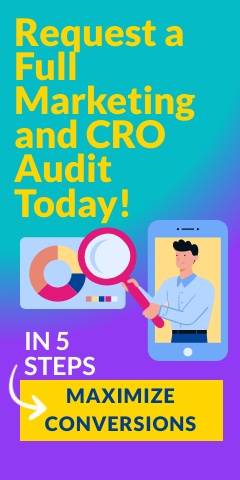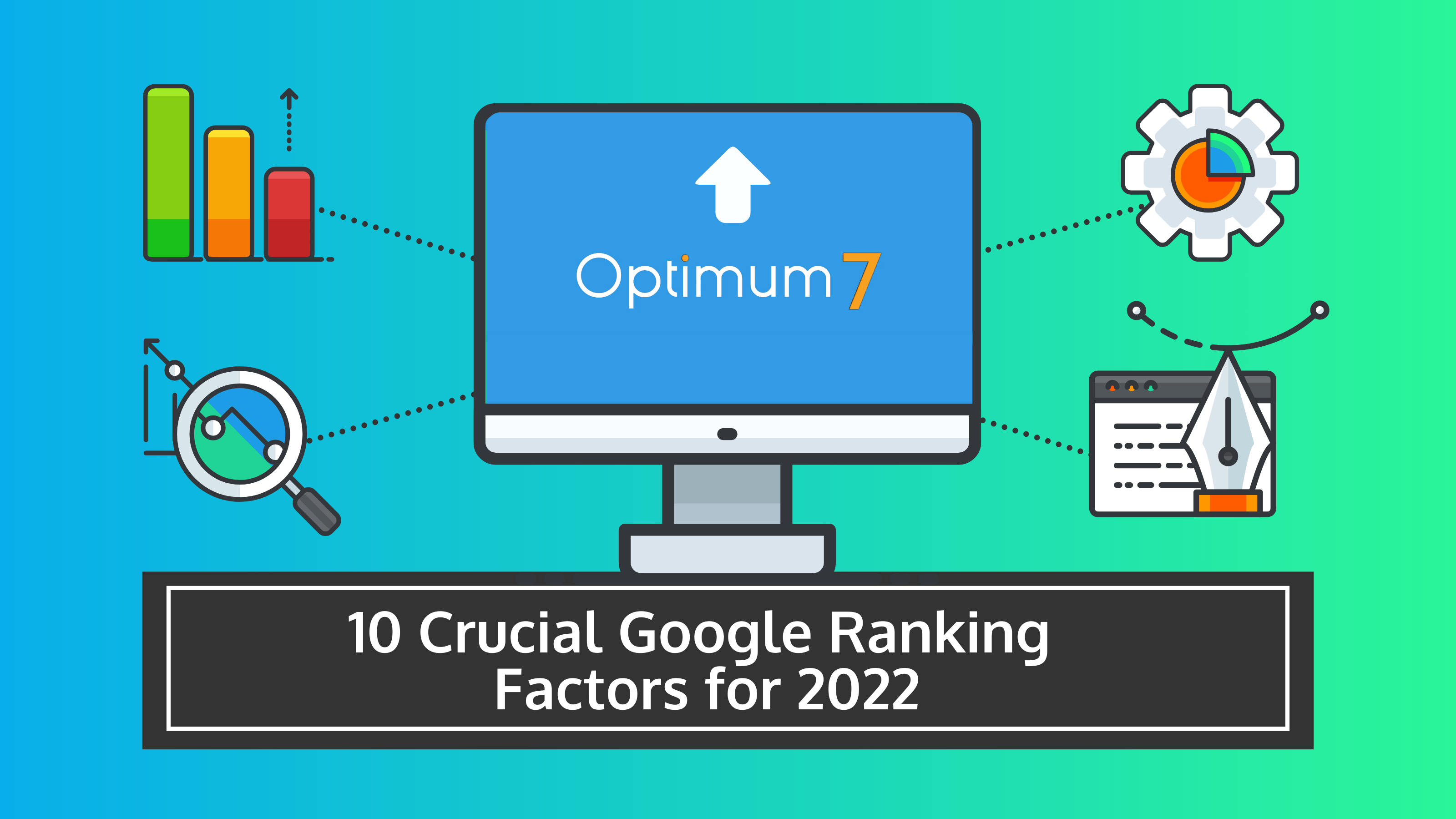 Press releases are essentially a statement to the media. Target audiences, however, will also be able to read your press release once it has been made live across the web. Therefore, both the media and your target audience should be kept in mind when writing a press release. Press releases are a great way to spread awareness about your brand, products and services and to keep the media and your target audience up to date with the latest happenings in your business. They also offer a fantastic way to boost your SEO efforts by driving targeted traffic to your site, enhancing your site’s visibility and authority (by obtaining high quality backlinks) and building your brand name.
Press releases are essentially a statement to the media. Target audiences, however, will also be able to read your press release once it has been made live across the web. Therefore, both the media and your target audience should be kept in mind when writing a press release. Press releases are a great way to spread awareness about your brand, products and services and to keep the media and your target audience up to date with the latest happenings in your business. They also offer a fantastic way to boost your SEO efforts by driving targeted traffic to your site, enhancing your site’s visibility and authority (by obtaining high quality backlinks) and building your brand name.
However, according to a leading press release distribution site, there are 7 deadly sins that can thwart your press release writing efforts and will delay what’s normally a speedy approval process or render your press release as unfit for web distribution.
- Duplicate Content
- Fiction
- Poor Spelling, Grammar and Structure
- Reading like an Advertisement
- Personal Opinion and Subjectivity
- Harm, Explicitness and Spam
- No consent or Authorization
1. Duplicate Content
The most basic function of a search engine is to provide its users with the most relevant search results for any given search query. But what happens if there are two or more versions of the same thing? Google’s recent algorithm updates have made it clear that duplicate content will be penalized and that means less visibility. And rightfully so! We’re sure you all agree that it is rather disappointing and even frustrating at times to see the exact same result appear more than once in search results. So, what exactly is duplicate content? While you may think you understand what duplicate content means, it’s actually not as straightforward as it seems.
Duplicate content doesn’t necessarily have to involve a copy / paste of an article in its entirety. It can also refer to extremely similar or “spun” content and even duplicate titles. There is an even greater consequence of a complete site ban if your duplicate content is malicious or was created with the intent to game the search engines. Similarly, reprints from other websites or publications (especially if they are copyrighted) are not press releases. So, make sure you do not succumb to this deadly sin if you want to give your press release the greatest possible chance of ranking on page 1 of Google. Obviously, by definition, a Press Release must be newsworthy. Implicitly duplicate content or rehashed content has no place in press releases by definition.
2. Fiction
While press releases can be inspiring and creative, bear in mind that the information you submit in a press release must be as factually accurate, objective, sincere and in tune with reality as possible. Press releases containing falsehoods and inaccuracies will simply not be approved. They must also contain valid contact information such as a valid point of contact, phone number and email address. If you’re writing a press release for a law firm, and particularly if the press release references legal action or criminal matters, it must also be legally accurate. It is good practice to include a case number, court of record, complaint number or other satisfactory documentation.
3. Poor Spelling, Grammar and Structure
We’re emphatic that before you publish any content under your name, you thoroughly check it for standard spelling and grammar. Press releases should be no exception to the rule. As with everything you make live on the web, it should be free of spelling and grammatical errors. In actuality, this is even more so the case if you’re distributing a press release, because once it is live, it will be very difficult to make any changes. Why? Press releases are syndicated across a plethora of websites. You would have to manually sort through and contact each and every one of these sites and plead with them to make the necessary edits. This is virtually impossible and, not to mention, a very time consuming and frustrating task.
Furthermore, if you’re going to include jargons or acronyms, make sure you explain yourself or link to definitions of these “geeky” terms so the average reader understands you. It’s also important that you follow the standard length of a press release which should ideally be between 300-800 words. If you fall short or even if you significantly over step the word limit, it directly affects distribution and your press release may even have difficulty being indexed by search engines. The set structure and formatting of a press release – from including a clear news source, to headlines, sub-headlines, opening paragraph, body copy, quotes, closing paragraph about your company to your contact information – should also be adhered to.
Think of a press release as an inverted pyramid. You should clearly include the 5W’s (Who, What, When, Where, Why) in the opening paragraph and work your way down and extend on the 5W’s as well as include necessary quotes from persons involved. Pay attention to little details like the inclusion of ticker symbols, functional links, the etiquette of including three hashtags above the last line in the press release as well as the file attachment types allowed. See below an example of a press release from Publicity Insider.

4. Reading like an Advertisement
Be careful here. Press releases should be free of advertising hype. If it reads like an ad, you’re going to have to rewrite it to be approved. Although press releases are distributed via a platform that connects you directly to your consumers, it must be newsworthy. But not everything is news or has news value. Do not try and sell your brand, products and services to consumers as this is an immediate turn off to credible media outlets. Great press releases inform the media and the public (your target audience) about something newsworthy your company has upcoming or even something your company has done or been involved in recently. Think about a new product or service, business expansion, event, milestone, award, tip sheets or expert opinion. The key here is to write it while it’s still relatively fresh. The news must be made live in a timely manner.
5. Personal Opinion and Subjectivity
All news, should of course, aim to be as objective as possible. Unless you are quoting an individual from your business, direct address such as “you”, “I”, “we” etc. have no legitimate place in a press release. If you overuse first person, it will raise red flags that your press release is actually an advertisement. Similarly, hype flags have no place in a press release either. Hype flags include exclamation points, hyperbolic claims about your product or service, descriptions of your product as “extraordinary” or service as “outstanding” and overuse of caps lock which will diminish the credibility of your statement to the media.
6. Harm, Explicitness and Spam
Plotting revenge against a competitor? Good luck with that. Press releases containing defamation against an individual or organization, with the intent to harm them, will simply not be made live. Similarly, to maintain integrity, explicit content or links to explicit content will not be approved either. This is not to say, however, that you should steer clear of controversial issues. As long as your release is not purely personal opinion, all opinions are attributed accordingly and your press release does not contain false claims or exaggeration, you’re safe. Keep it classy. Press releases must also be free of common spam keywords or phrases to avoid getting flagged by spam filters. Furthermore, overuse of links may also be considered spam. Try and limit links to 1 per 100 words.
7. No Consent or Authorization
It’s also important to receive permission from all parties involved before you make your press release live. It’s good practice to run your press release past everyone involved in order to check for accuracy of information and particularly, to obtain approval of all quotes used. Be especially careful when writing press releases for a network marketing company or when including stock ticker symbols as these two examples may necessitate written authorization from owners. Independent representatives, however, must always obtain consent from the executive of the network marketing / MLM company.
Looking for a way to create buzz about your business, product or service? Looking to increase your online visibility and drive more targeted visitors to your site? Optimum7 has successfully syndicated press releases for its diverse portfolio of clients which have helped them build their brand and increase their online visibility. Contact Us for an initial, no obligation consultation. We can help!





